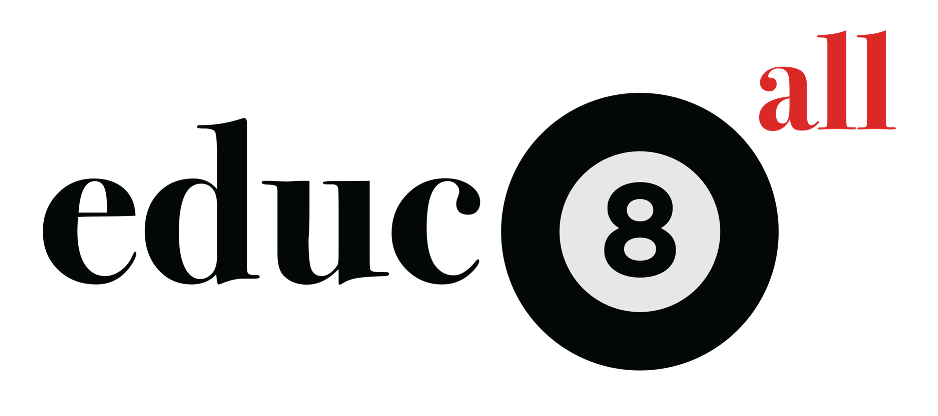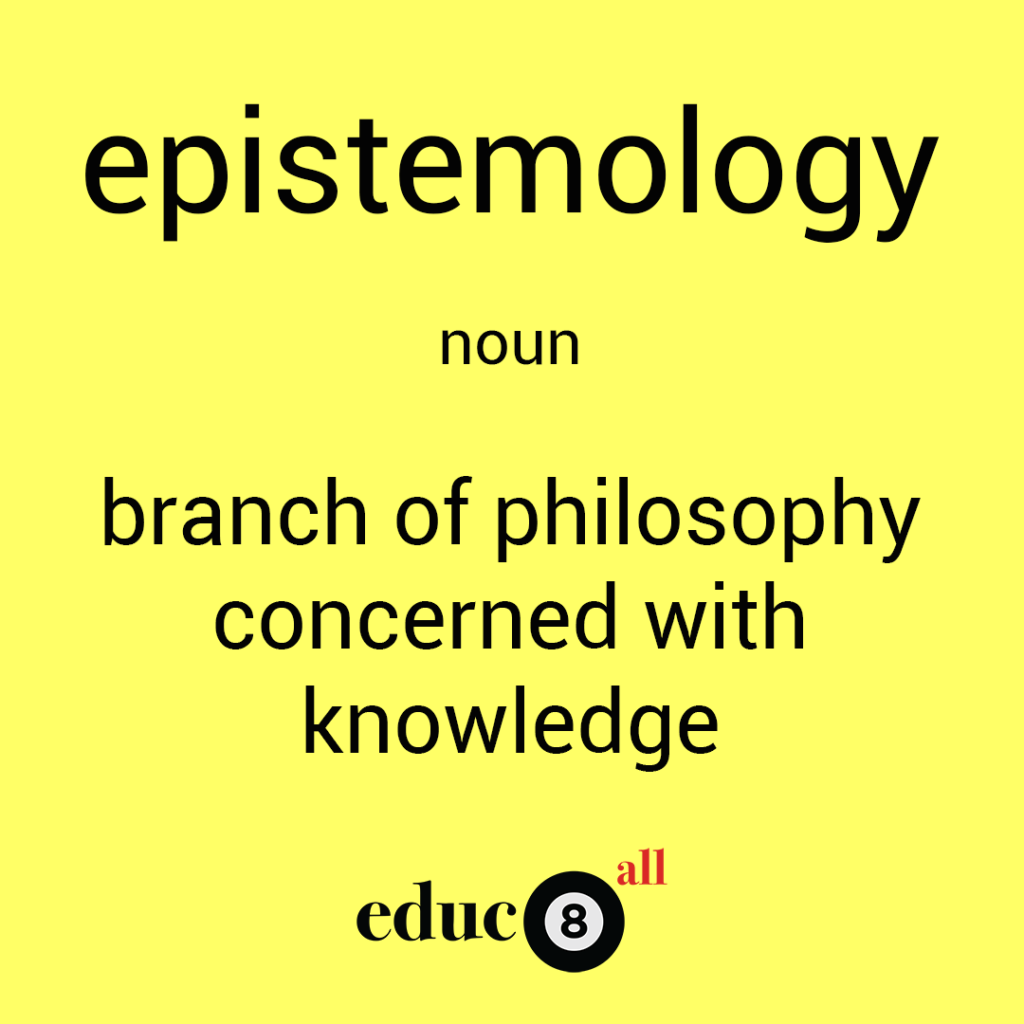
Dunning-Kruger Effect
To understand what the Dunning-Kruger effect is, we have the topic of infectious diseases to provide us with an example to work with. The topic is tangential to the example as it could be any complicated subject matter (e.g. UK constitutional law, WTO trade agreements and so on) but with COVID19, there is common ground for us to start from as so few will be truly knowledgeable in this area. Consider the following.
***
Do you know of anyone who overnight has become a confident epidemiologist at any point in the last 6 months despite never having studied the subject at length?
Do you feel that they are talking too confidently about infectious diseases that you’re sure they know too little of?
Perhaps you know a bit more than them and feel that they are taking too simplistic a view on the topic.
If so, they may have fallen prey to the Dunning-Kruger effect.
What is the Dunning-Kruger effect?
The effect is concerned with people being ignorant of their own ignorance. Low-competence individuals lack the skills to recognise their own low competence. Dunning-Kruger make reference to the “dual burden” to make clear that the low ability (the first burden) makes it difficult to fully self-appraise (the second burden).
This means that in a given subject area, such as infectious diseases as in our example, not only does the individual lack sufficient knowledge about infectious diseases but also lacks the awareness to recognise that they may have an incomplete bank of knowledge. It has come to be represented quite memorably in the chart below.

Such low-ability or low-competence individuals are in effect on top of Mount Stupid. The lack of awareness to recognise their shortfall means that they have an over-inflated confidence in their competence.
If such individuals become more acquainted with the subject area, they may come across more complexity and descend from Mount Stupid to the Valley of Despair as they realise they are not as competent as they thought. This can happen sometimes from questioning. As you may be aware, one technique for checking how much someone understands something is to ask “why…?” and to ask that a number of times to probe the depth of understanding. (Parents who have received this form of questioning from young children will be nodding away furiously here.)
If such individuals choose to persist with this subject area they may gradually move up the Slope of Enlightenment and get to a level of some comfort where confidence is commensurate with competence: the Plateau of Sustainability.
How to combat the Dunning-Kruger effect?
The reality is that anybody can fall prey to this cognitive bias when approaching a new topic. Some initial reading may provide clarity over the subject matter and therefore confidence in one’s understanding. What should be borne in mind is that well-written pieces may deliberately seek to simplify ideas and concepts to allow you to grasp them and retain them, especially if the writer is mindful of minimising cognitive load. It may only be from further interaction with the subject matter that you realise that there is in fact greater complexity that remains to be explored. As the graph suggests, improving your competence should mitigate the Dunning-Kruger effect but this would seem to be predicated on:
- Willingness / desire to continue learning. This might appear obvious but the reality is that for this to take hold in you, it may need to be a core value. It could be argued that many people think that once they have surpassed a certain threshold they need not continue learning, particularly if they have achieved a certification of some kind. A mentality of always wanting to learn more (regardless of certifications and seniority) may make you less likely to fall prey to the effect.
- A feedback loop built into your learning model. This can take the form of an assessment or simply feedback from another to assist with identifying areas for further development.
- Active self-appraisal. This may involve asking yourself questions or considering counterfactuals.to test your knowledge.
You can find the next post in our a2z series of important education terms and concepts HERE.






Responses